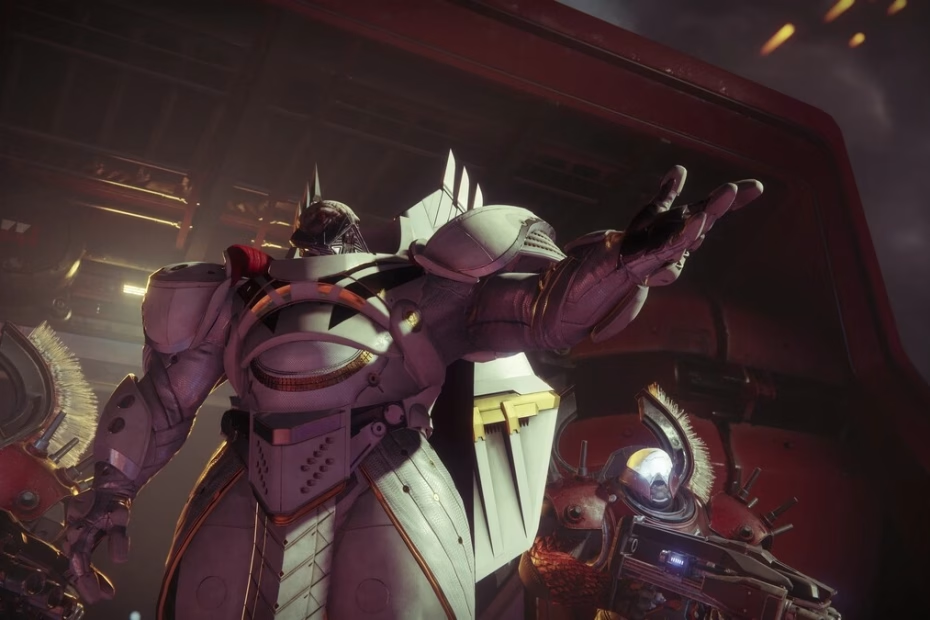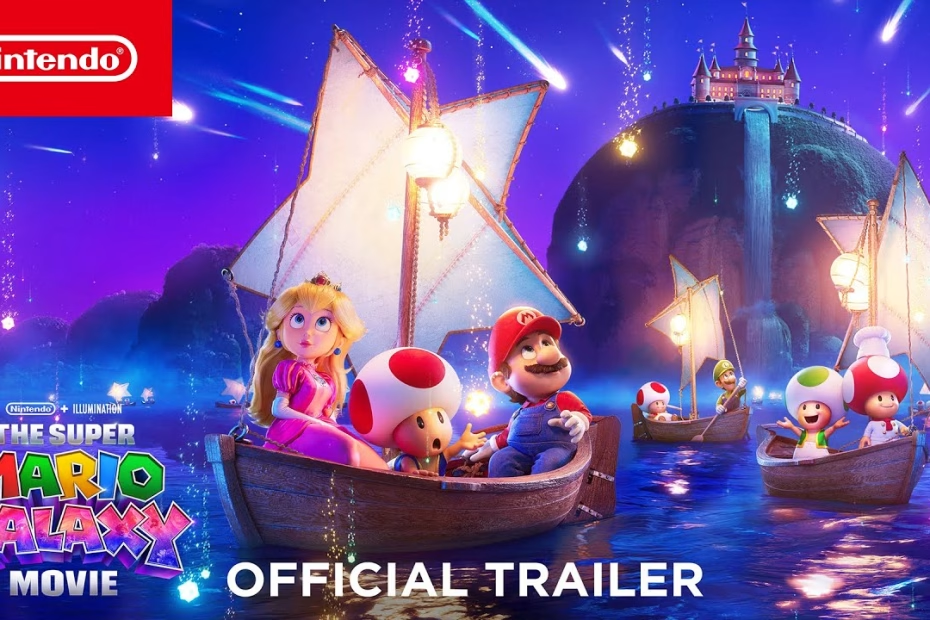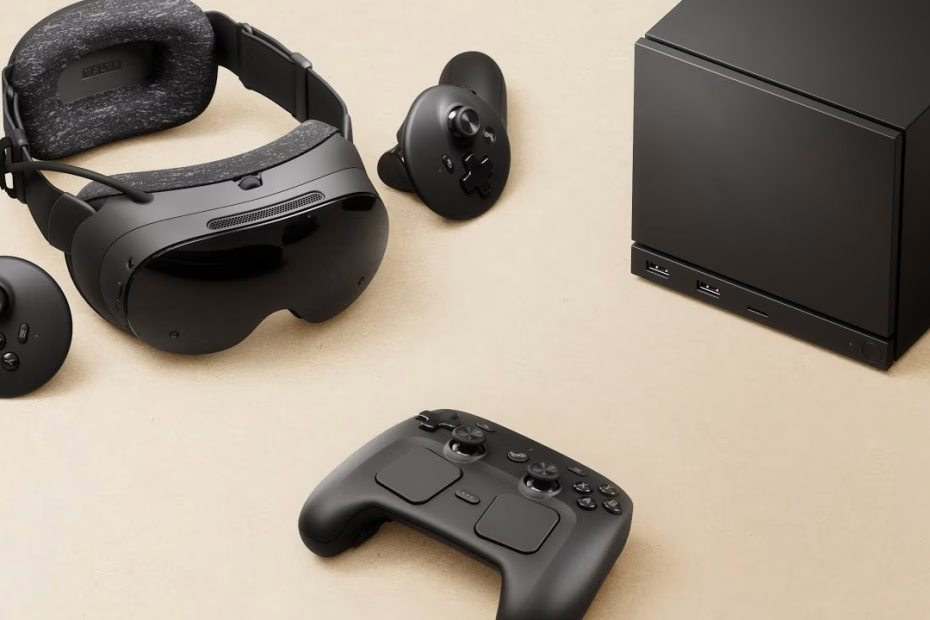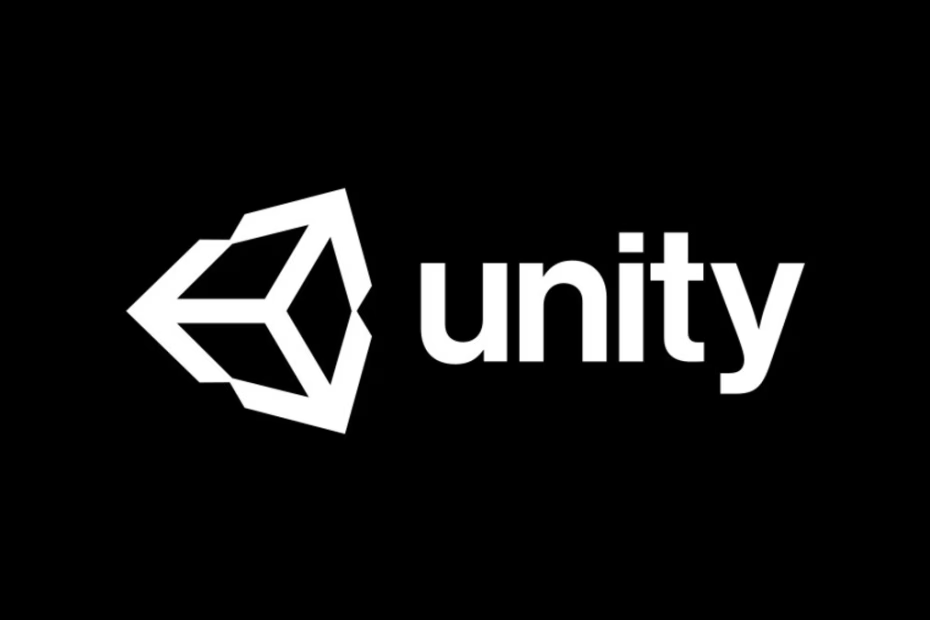
Cities: Skylines II will change developers
Quick Take: Paradox Interactive and Colossal Order recently shared a major update on Cities: Skylines II, acknowledging community concerns, outlining ongoing fixes, and setting expectations for the game’s future. The post emphasizes transparency, performance improvements,… Cities: Skylines II will change developers








